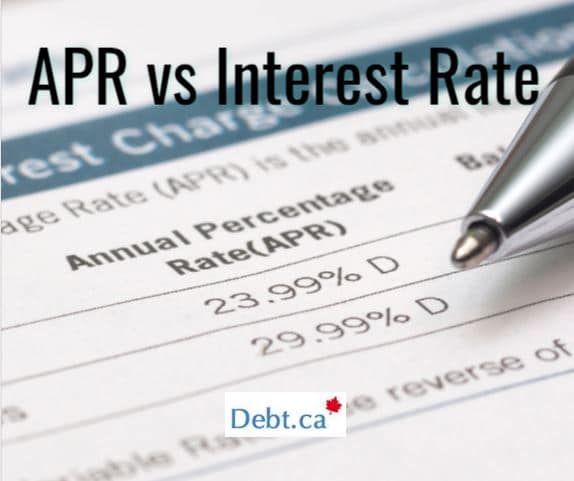Do you understand the credit card agreement you’re getting into before you sign up? A lot of people see their credit cards as a license to spend. However, a credit card comes with a lot of responsibility. You should strive to always pay off your balance in full and never incur interest charges. You can easily find yourself up to your ears in debt if you don’t use it properly.
When you apply for a credit card, your credit card issuer is required to provide you with a credit card agreement. The agreement spells out important terms of your credit card like the interest rates, fees and other charges. Here are some important terms you should know in your agreement.
Initial Credit Limit
The maximum amount you’re allowed to spend in your 30-day statement period without incurring a fee. If you go over your spending limit, you may have to pay a costly penalty fee.
Annual Interest Rate
Your annual interest rate is the rate you’ll pay interest at for different types of transactions, such as purchases, balance transfers, and cash-like transactions. Many credit cards charge a higher interest rate if you fail to pay your minimum payment.
Grace Period
The number of days – usually 21 days – you have until your credit card payment is due. If you fail to repay your balance by the end of the grace period, you’ll start accruing interest.
Determination of Interest
Explains how your issuer calculates interest on your credit card. Most credit cards charge interest based on your daily average balance. To avoid paying interest, you should make sure you pay off your balance in full before the end of your grace period.
Minimum Payment
The minimum amount you’re required to pay to avoid being delinquent. The minimum payment for most credit cards is the greater of 2% or $15. If you don’t make your minimum payment, your interest rate can increase or you could be charged a late payment penalty fee.
Annual Fee
Premium credit cards may come with higher reward points, but they usually come with higher fees. Before you sign up for a new credit card, it’s important to ask if it comes with any fees. If there’s an annual fee, your issuer will usually charge it on your first statement and on an annual basis going forward.
Other Fees
There are other charges you can incur when you make a purchase. These fees include everything from balance transfers to requests for extra copies of your statement.
Inactive Account
If you have a wallet full of credit cards, it can be easy to forget about using a card. If you fail to make a purchase on a card for a long time – often a year – your issuer will usually charge you an inactive fee. Not only could you be on the hook for an inactive fee, but you could also forfeit the reward points you’ve worked so hard to accumulate.
Now that you know the important terms in your credit card agreement, it’s a good idea to review your current agreement and familiarize yourself with it. It’s better to know your interest rates and charges ahead of time so that you can avoid any surprises down the road.









